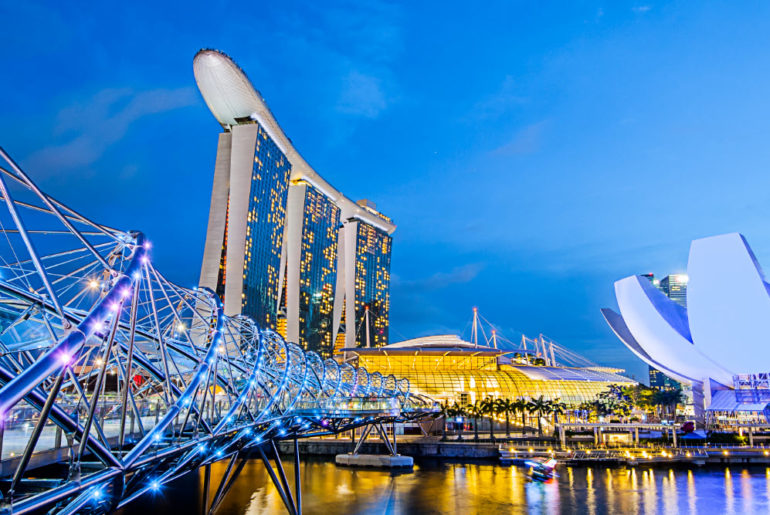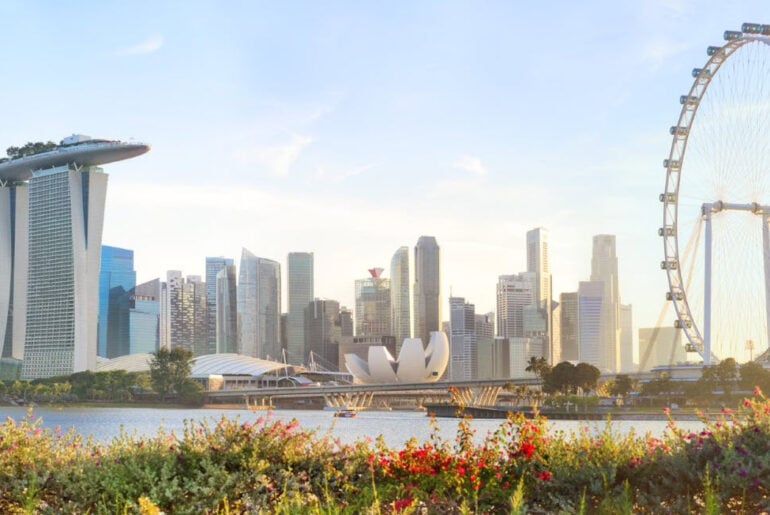The Singapore Parliament has passed the Protection from Scams Bill (“Bill”).
The Bill is intended to address the concerning situation surrounding scams in Singapore, with a high number of scams being observed despite other recent measures and extensive public education efforts in recent years.
On 5 December 2024, the Health Sciences Authority of Singapore published an update regarding products found by foreign regulators in November 2024 to contain impermissible and potent ingredients that may cause harmful side effects.
The Health Sciences Authority (HSA) conducted a large-scale operation in collaboration with major e-commerce and social media platforms, removing over 3,300 listings of illegal health products. The operation highlights the HSA’s commitment to consumer safety, targeting substandard or counterfeit products that are potentially unsafe and pose health risks.
Singapore and the European Union (EU) have formalized their collaboration on Artificial Intelligence (AI) safety with the establishment of a new Administrative Arrangement (AA). This arrangement aims to enhance cooperation in promoting technological innovation and the development and responsible use of safe, trustworthy, and human-centric AI. The AA was signed by Mr Joseph Leong, Permanent Secretary of the Ministry of Digital Development and Information of Singapore, and Mr Roberto Viola, Director-General of the Directorate-General for Communications Networks, Content and Technology of the European Commission.
Singapore and the United Kingdom have signed a new Memorandum of Cooperation (MoC) to enhance the safety and reliability of artificial intelligence (AI) technologies in its development and use. This agreement aims to pave the way for greater public trust in AI advancements. The MoC was signed by Minister for Digital Development and Information, Josephine Teo, and Secretary of State for Science, Innovation, and Technology, Peter Kyle, during Minister Teo’s working visit to the UK.
On 6 November 2024, the Monetary Authority of Singapore published its responses to the feedback on the July 2023 consultation paper that set out a proposed regulatory framework for Single Family Offices operating in Singapore. SFOs are exempt from licensing under the Securities and Futures Act 2001, and the proposals are aimed at harmonizing the criteria for a simplified class exemption regime and addressing potential money laundering risks posed by SFOs.
MAS will provide further details on the effective date of implementation, revised legislation and mode of submission for the initial notification and annual return prior to the implementation of the SFO framework.
The Ministry of Home Affairs introduced the Protection from Scams Bill for First Reading in Parliament on 11 November 2024. The Bill empowers the Police to issue Restriction Orders (ROs) to banks to restrict an individual’s banking transactions, if there is reasonable belief that the individual will make money transfers to scammers.
In October 2024, the Health Sciences Authority (HSA) updated its Guidance on the Implementation of Good Manufacturing Practice (GMP) Evidence for Drug Substance (DS) Manufacturers (“Guidance”).
This is a timely amendment to the Guidance as the requirement for chemical DS manufacturers to provide evidence of GMP compliance became mandatory with effect from 1 October 2024, after a one-year grace period.
On 24 October 2024, the Monetary Authority of Singapore (MAS) and Infocomm Media Development Authority of Singapore (IMDA) announced that the Shared Responsibility Framework (SRF) for phishing scams will be implemented on 16 December 2024 via a set of guidelines. Under the SRF, financial institutions (FIs) and telecommunication operators are assigned duties to mitigate phishing scams. The MAS and IMDA expect responsible entities to bear any scam losses arising from failure to fulfill any of the relevant duties under the “waterfall” approach.
On 4 October 2024, the Monetary Authority of Singapore (MAS) published the Consultation Paper on Proposed Regulatory Approach, Regulations, Notices and Guidelines for Digital Token Service Providers issued under the Financial Services and Markets Act 2022 (P010-2024) (“Consultation Paper”).
The Consultation Paper, which includes a number of Annexes, sets out the MAS’ proposed new regulatory framework for digital token service providers (DTSPs) that will be regulated under Part 9 of the Financial Services and Markets Act 2022 (FSMA). The MAS’ key proposals for the new regulatory framework for DTSPs center around licensing requirements, anti-money laundering and countering the financing of terrorism compliance, financial obligations and governance requirements



